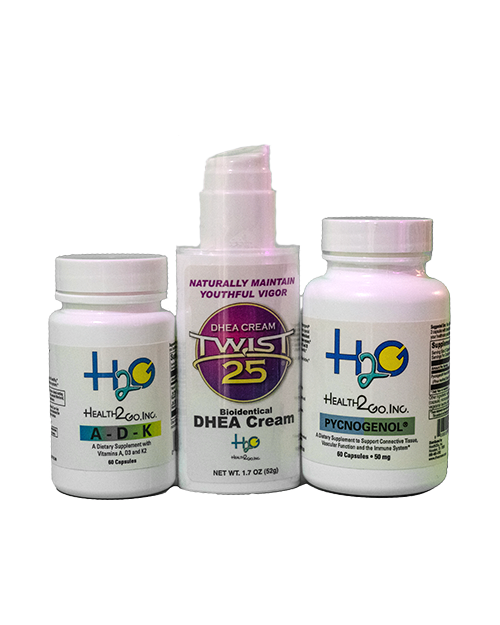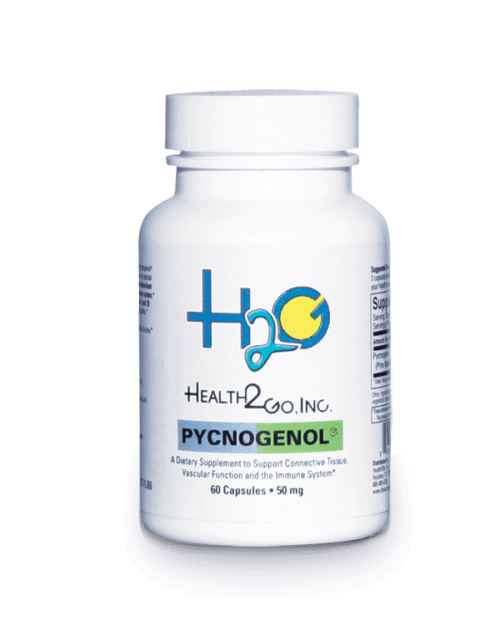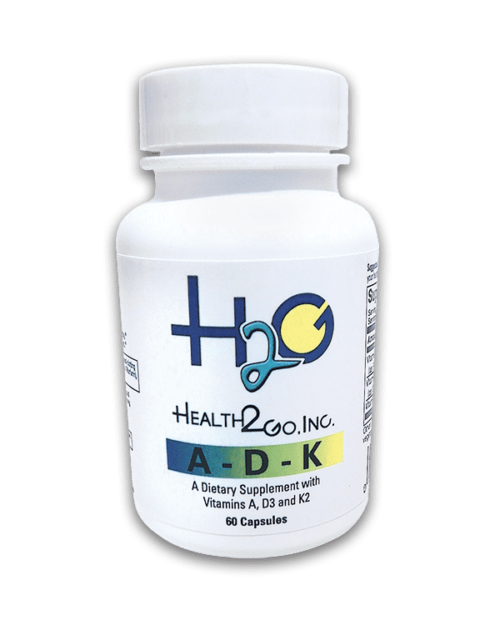To maintain optimal health and well-being, humans need adequate levels of dehydroepiandrosterone, known as DHEA. DHEA is the most abundant naturally occurring pro-hormone in the human body. DHEA levels gradually increase from birth to about age 25, when we are in our “reproductive prime” as humans. After age twenty-five, DHEA levels begin to decrease by about 2% per year.
As an important prohormone, or building block for hormones, DHEA plays a crucial role in many body functions. So as levels of DHEA decline, people notice they have trouble sleeping, lack energy or focus during the day, gain weight more easily, lose muscle tone and sharpness of mind. Low levels of DHEA are associated with “diseases of aging”, such as greater risk of cancer, cardiovascular disease, depression and insomnia, to name but a few.
Stress and Cortisol
Cortisol increases gradually over the human lifespan while DHEA decreases. Cortisol is known as the stress hormone.
Cortisol is produced in response to stressful situations. It is the “fight or flight” hormone released to protect the body with an inflammatory response. The problem with this inflammatory response is that, over time too much cortisol on a chronic basis has many detrimental effects.
Since we gradually make less and less DHEA after age 25. On the otherhand, we gradually make more and more cortisol as we get older. Humans are at their healthiest, feel best and are at lowest risk of disease – cardiovascular disease, diabetes, depression and cancer when the DHEA to cortisol is at a ratio of ten to one (10:1) according to Dr. John R. Woodward, M.D.
Everything, from driving in rush-hour traffic to dealing with an upset friend or co-worker, can cause stress in our lives, producing more cortisol. Elevated cortisol levels over time can lead to impaired immune response, energy drain, feeling bloated, low energy, weight gain and feeling washed out.
Cortisol can also adversely affect cardiovascular health, blood glucose levels and bone strength. High cortisol levels can lead to the development of Metabolic Syndrome, which has been shown to lead to obesity, high blood pressure, and higher cholesterol and triglyceride levels. DHEA counterbalances the negative effects of cortisol.
DHEA and Cortisol
DHEA is the only thing in the body that counterbalances the negative effects of cortisol. There is a great article about “Adrenal Exhaustion” by Dr. Christiane Northrup, MD, describing the all common usual life scenario of high cortisol with low DHEA so common adults. Given the gradual decline in DHEA and the gradual increase in cortisol as we age, using DHEA cream daily make sense.












can we buy in the UK?
No. Sorry. Twist 25 can only be sold and shipped to people that live in the USA.
Hi Sally, Twist 25 DHEA cream can only be ordered by and shipped to people living in the USA because products containing DHEA require a physicians prescription in UK and Canada. Thanks for your interest.